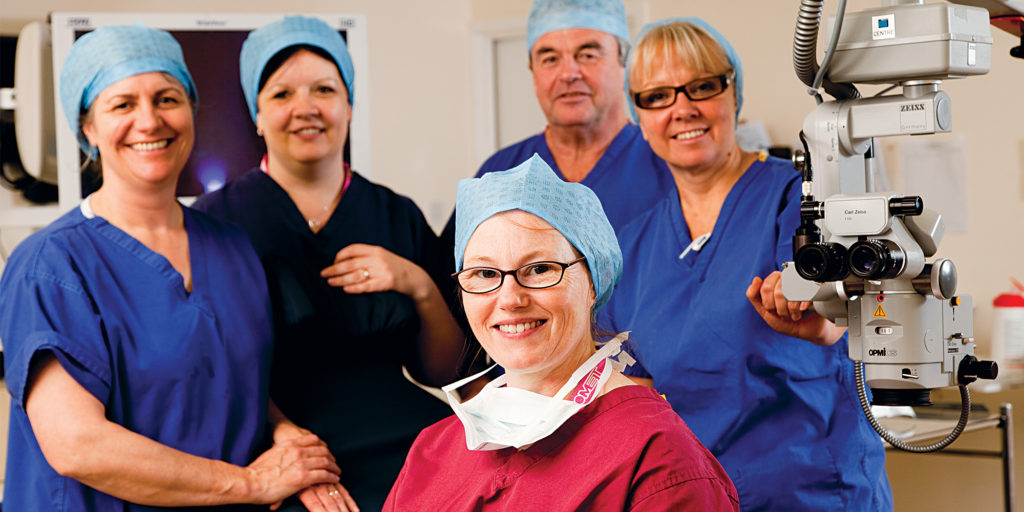Through the keyhole
Duchy Hospital discusses the causes and risks associated with gallstones, as well as the best ways in which to treat them.
After the traditional Christmas foodie favourites that we all enjoyed perhaps a little too much, some of us could be at risk of forming gallstones. We speak to Mr Michael Clarke, Specialist Consultant Upper GI Surgeon at Duchy Hospital, who explains what gallstones are, what symptoms they cause and how they can be treated.
Gallstones are very common, with 10-15% of the population suffering from them. They are hard crystals, often made of cholesterol, that develop inside the gallbladder (a small organ that stores and secretes bile to aid fat digestion). Gallstones can cause attacks of severe upper abdominal pain, often precipitated by fatty food, which can last from minutes to hours. Serious complications can arise if left untreated, including jaundice (yellow discolouration of your eyes and skin), infection and bowel obstruction. Symptoms can also be confused with other medical conditions such as acid reflux, stomach ulcers and even heart attacks.
So what are the risk factors for developing gallstones and can you prevent them? According to Mr Clarke, women are more likely to develop gallstones, with the most common risk factors including increasing age, family medical history, obesity and previous weight loss surgery. He continues: “Maintaining a healthy diet and weight are measures that may reduce the risk of forming gallstones.” Fortunately, even if you do develop gallstones, they are easily detected by performing an ultrasound scan.
Treatment is also fairly straight forward. In those people having symptoms or who have experienced a complication relating to the gallstones, surgery is considered the best option. Mr Clarke explains: “Surgery involves removing the whole gallbladder using keyhole surgery. Patients are routinely discharged on the same day and can return to work within two weeks”. There are few other treatment options available. Mr Clarke explains that medication is generally ineffective and only useful in those not fit for surgery or with very small stones. “There is also a high incidence of stones reforming.” Removing the gallbladder eliminates the risk of developing further stones, which is why it’s widely considered to be the best treatment. Life without a gallbladder usually causes no medical problems, with patients able eat a normal diet after surgery.
Discover More
For more information please call 0800 917 0022 or visit www.duchyhospital.co.uk












